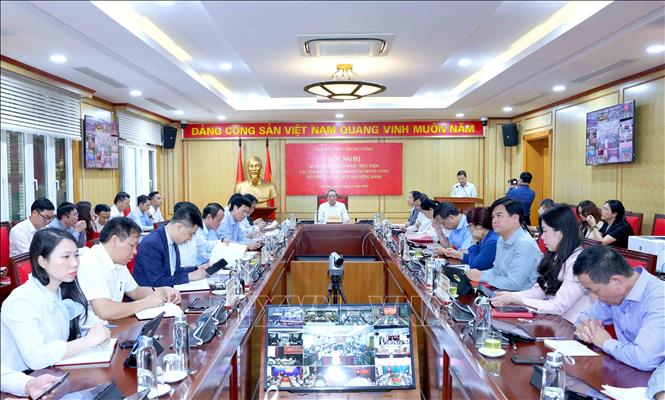
Since the beginning of this term, the Politburo and the Secretariat have issued comprehensive and complete regulations on Party building and organization; however, in the context of the revolution in restructuring the political system's organizational apparatus, to ensure that all regulations are in place for localities and units to implement, the Politburo and the Secretariat, headed by General Secretary To Lam, have directed the Central Organization Department to continue advising on the revision and issuance of fundamental, comprehensive, and synchronized documents to suit the new context and stage.
At the conference, the leaders of the Central Organizing Committee thoroughly explained the content of the documents.
Specifically, Regulation No. 377 concerns the decentralization of personnel management and the planning, appointment, nomination, temporary suspension, dismissal, resignation, and removal from office of officials. This is a crucial document aimed at concretizing the Party's policies and resolutions, ensuring unified and effective leadership in personnel work, and guaranteeing strictness, democracy, objectivity, openness, and transparency in personnel matters.
The new regulations have integrated all aspects of management decentralization, planning, appointment, and nomination of candidates into a single document, transforming three separate regulations into one comprehensive, synchronized, and unified regulation; ensuring comprehensiveness and linkage between all stages of personnel work.
Regulation 365 concerns the standards for official positions under the management of the Central Committee of the Party, the Politburo , and the Secretariat, as well as the framework of standards for official positions and leadership at all levels. This regulation initially laid the foundation for a strong reform of personnel work, ensuring substance and effectiveness, especially in the assessment and evaluation of officials. It has established a system of standards and positions, suitable for each field and sector, unified throughout the entire political system. It provides clearer and more specific general standards for leading and managerial officials at all levels, quantifying qualitative standards to the maximum extent; while emphasizing the requirements for prestige and leadership ability, especially valuing both "virtue" and "talent," using moral character and lifestyle as the foundation; and using competence, work efficiency, and specific work output as the measure for selecting officials.
Regulation No. 366 on reviewing, evaluating, and classifying the quality of collectives and individuals in the political system; Conclusion No. 198 on the policy of evaluating leading and managerial cadres in the political system: This regulation closely adheres to the requirement that cadre evaluation must be regular and continuous; it supplements quarterly, term-based, and ad hoc evaluations when required, shifting from annual periodic evaluations to regular and continuous evaluations, meeting the requirements of cadre work. At the same time, it has stipulated a set of evaluation criteria for each cadre position under the management of the Politburo and the Secretariat, aiming to address and overcome the long-standing limitations of the past when there were no specific criteria for evaluating strategic-level cadres linked to the functions and tasks of the agency/unit and the responsibilities and authority of each position.
Conclusion 198 on the policy of evaluating cadres clearly defined the authority and responsibility of Party committees and organizations in the management and evaluation of cadres, aiming to promptly replace cadres who fail to fulfill their assigned duties and responsibilities, meeting the requirements of the new period.
Regulation No. 368 concerns the list of positions, job titles, and leadership roles within the political system. This regulation was issued to ensure the building of a streamlined political system that operates efficiently, effectively, and effectively; to ensure uniformity, comprehensiveness, synchronization, and interconnectedness among positions and roles within the political system; and to conform to the standards for positions, roles, and job titles of each agency, locality, and unit. This serves as the basis for Party committees and organizations at all levels to concretize the list at the local and unit levels, helping to ensure that personnel work is carried out within a unified framework, adhering to the principles and the Party's consistent leadership in personnel matters.
Regulation No. 367 concerns certain issues related to the protection of the Party's internal political affairs. The regulation has added categories of individuals to ensure consistency with the standards for those joining Party committees and holding leadership and management positions, aligning with the current Party organizational system from the central to local levels; it also unifies the understanding and consistent application of terminology to help identify, proactively prevent, and stop risks affecting the Party's political prestige and leadership role.
At the conference, leaders of the Central Organizing Committee exchanged views and answered questions regarding difficulties and obstacles raised by localities, agencies, and units.
Hoang Dang Quang, member of the Central Committee of the Party and Deputy Head of the Standing Committee of the Central Organization Department, emphasized that the Central Organization Department will fully incorporate the opinions of the units to concretize them into the guiding documents for implementation. He also requested that localities and units closely coordinate with the Central Organization Department to finalize the draft guidelines; and continue to carefully study the documents, especially the six documents that have just been disseminated, in order to lead and direct the dissemination, concretization, and organization of the implementation of the documents to ensure synchronicity, uniformity, and effectiveness, and to quickly bring the Party's policies and regulations into life.
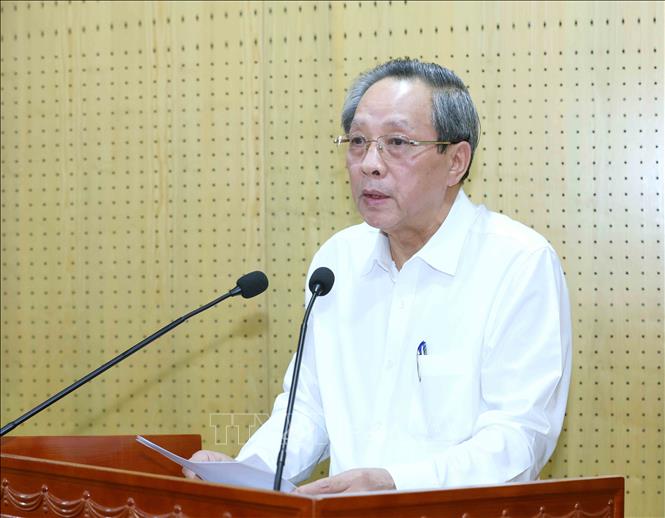
Emphasizing that the period leading up to the 14th National Congress of the Party is crucial and the workload is immense, Comrade Hoang Dang Quang urged Party committees and organizations at all levels to focus intensely on and effectively carry out key tasks, including: Implementing post-congress work for Party committees directly under the Central Committee; promptly issuing Congress documents, organizing the dissemination and immediate implementation of the Action Program to implement the Congress resolution for the 2025-2030 term; actively participating in the thorough preparation for the 14th National Congress of the Party, especially contributing high-quality opinions to the draft documents submitted to the 14th National Congress; meticulously preparing for the National Assembly and People's Council elections at all levels for the 2026-2031 term; and coordinating the preparation for the congresses of the Vietnam Fatherland Front and provincial-level political and social organizations.
Source: https://baotintuc.vn/thoi-su/hoi-nghi-quan-triet-mot-so-van-ban-moi-cua-trung-uong-ve-cong-tac-to-chuc-xay-dung-dang-20251029184008225.htm








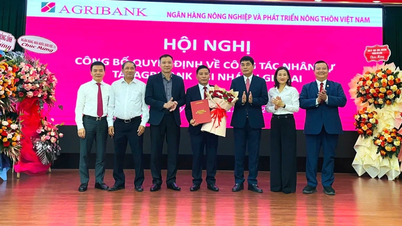






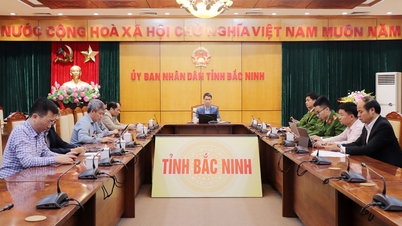

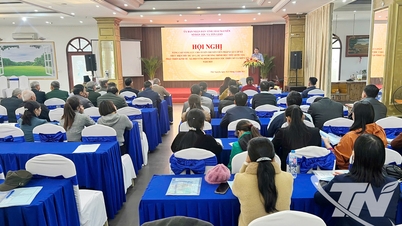








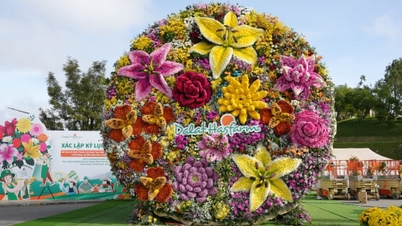
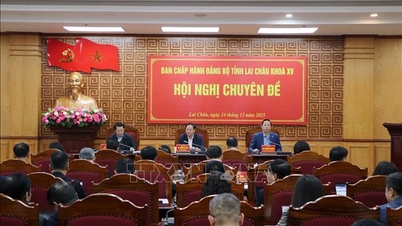






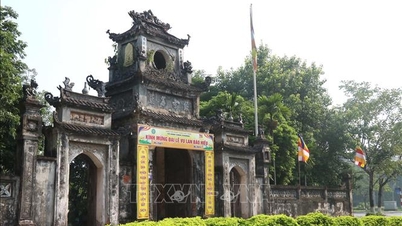
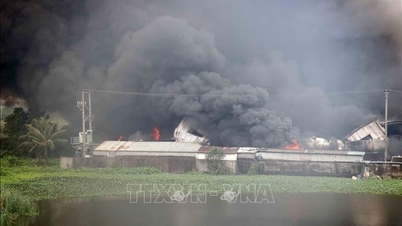
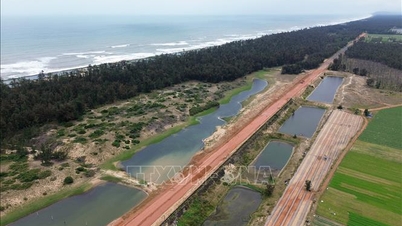
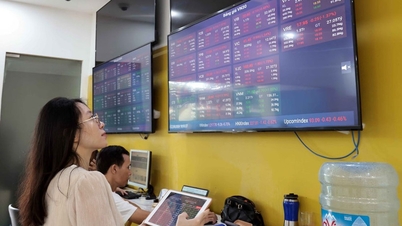

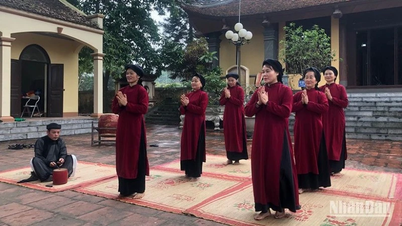

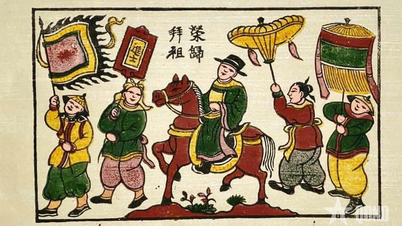



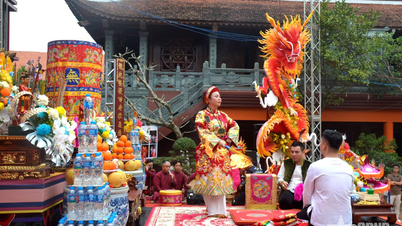



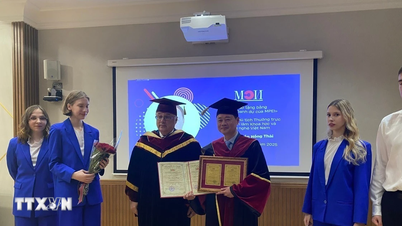


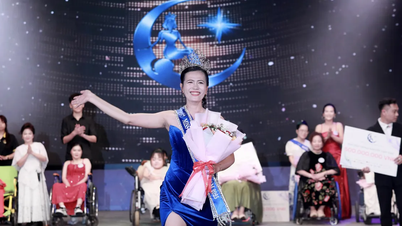

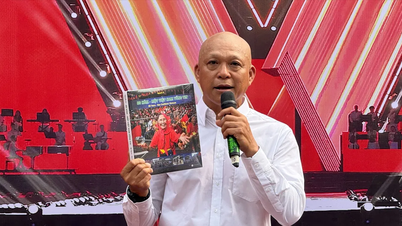
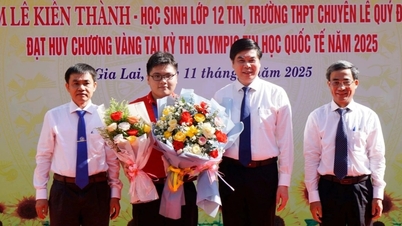


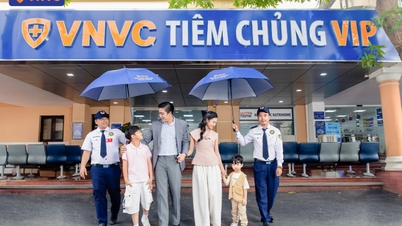














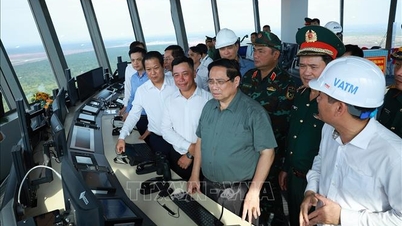










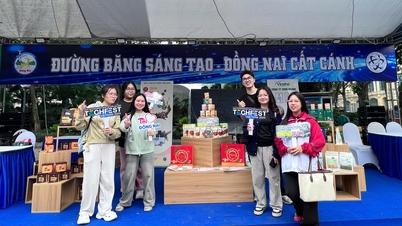

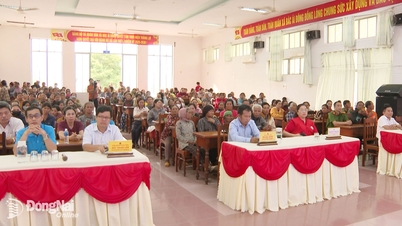



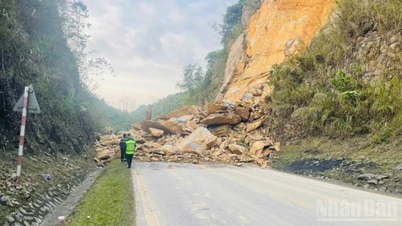














Comment (0)